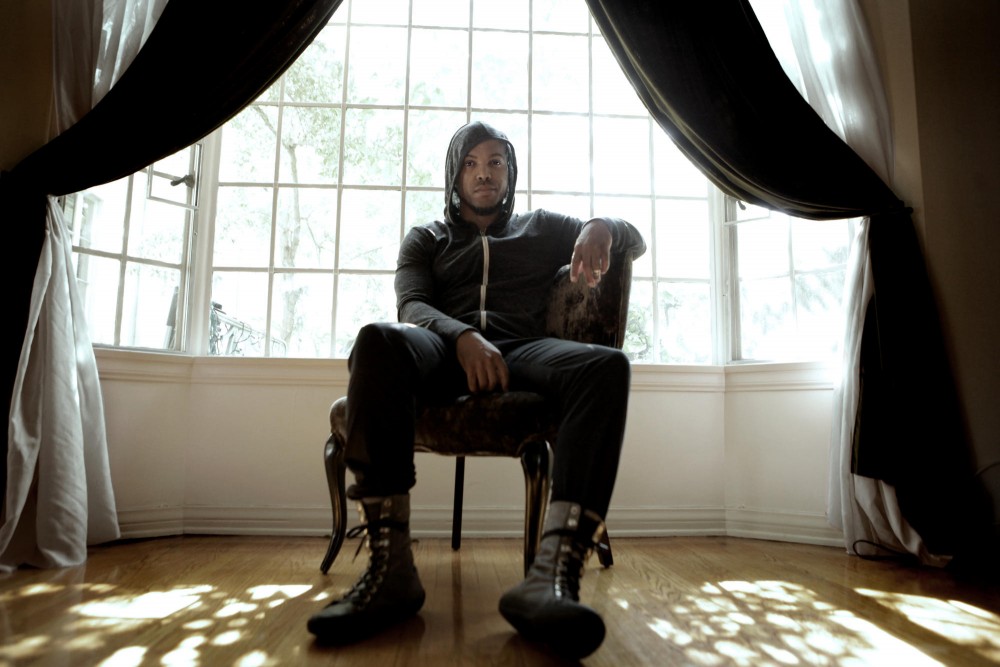Who: Van Hunt with Rocco DeLuca
Where: Fine Line Music Café, 318 N. First Ave., Minneapolis
When: Doors open at 7 p.m., music at 8 p.m., April 15
Price: $15 in advance, $18 at the door
Ages: 18+
Van Hunt’s career is a music industry parable. It’s a tale of deception, disappointment and a rise from the ashes — the moral being, “If you want your album released right, or at all, you have to do it yourself.”
The R&B singer, originally from Dayton, Ohio, started out in the corporate cradle. He put out his eponymous debut and “On the Jungle Floor” on Capitol Records in 2004 and 2006, respectively.
From there, Hunt signed on with Blue Note Records, a jazz label whose parent company is EMI. He was all set to release his third album, “Popular,” with them in 2008. They recorded it in its entirety.
But Blue Note shelved the album.
“They essentially didn’t want to spend the money that it would take to promote a record that they didn’t think would do well,” Hunt said.
Post-rejection, Hunt continued to make music. He also started writing a compilation of short autobiographical stories called “Tales of Friction.”
Then Hunt decided to grab his musical life by the horns. He decided that for his official third release, “What Were You Hoping For?” he would do things his way. He started up Godless Hotspot, his very own label.
This label drama often dominates the discussion about Hunt, occasionally at the expense of discussing the actual music. But it’s important to talk about the business side of things because it has affected Hunt’s sound. After Capitol and EMI exited the stage, so did their sonic influence.
“There were people interfering with the process, trying to make it a little bit more what they deemed palatable for the black audience,” Hunt said.
He said that he did not have enough control in the production of his first two records to make the important decisions.
His third album sounds distinctly more rock ‘n’ roll than his first two. But it’s not because he decided to change up his style. It’s because he’s finally making music that’s true to his natural style and his influences, which include Iggy Pop and David Bowie.
“My thing was, and has always been, is that there were artists before me — Prince, Ray Charles, Little Richard — who presented rock ‘n’ roll to blacks, whites, a broad demographic,” he said.
“What Were You Hoping For?” turned out to be exactly what critics were hoping for — when it came out in the summer of 2011, it was greeted by generally positive reviews, even though it initially polarized his fan base.
“Some of them really wanted to just here the more staid R&B and soul. But now that we’ve been getting the message out that all of the soul and the R&B is still in there — it’s faster now, the guitars are distorted, but the soul is still there,” Hunt said.
“I’m running around, butt-naked now,” he said. And not everyone loves that, but Hunt is confident that he’ll be able to find his own audience.
And he even has hope for the shunted “Popular.”
“I think something will happen eventually where we can work out something with them and have that project released properly,” he said.














